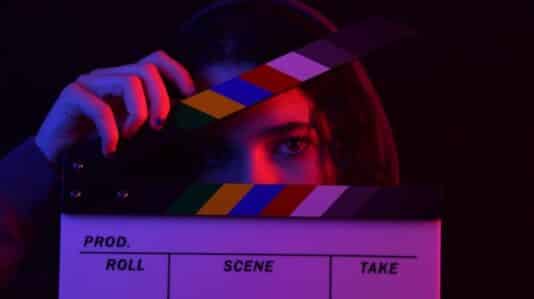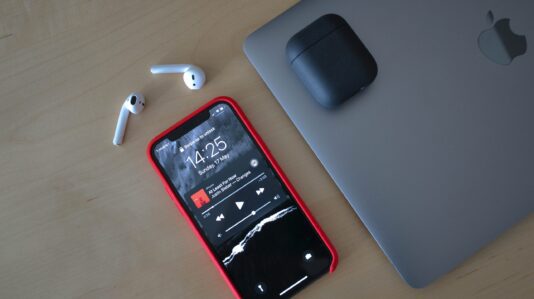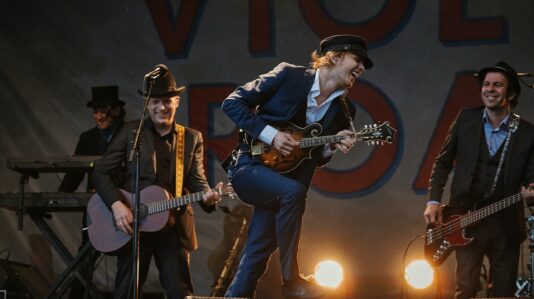A slew of not-so-pleased fans continue to express their disapproval with Taylor Swift after learning that she is seeking trademark protection of her popular song lyrics. Some critics claim that Swift is “going to war” with fans, while others describe the crackdown as “shrewd.” One music group has even gone so far as to record a heavy metal song in protest.
Though at first glance it may seem like America’s Sweetheart really is “a nightmare dressed like a daydream,” Swift’s trademark strategy makes a lot of sense. Taylor Swift is not trying to stifle her adoring fans, nor is she trying to squeeze every penny out of her world-wide empire. Instead, last year’s highest earning musician is simply trying to prevent third parties from using her brand to profit without her permission.
In October, Swift’s attorneys filed a total of 57 trademark applications for six separate marks, including “This Sick Beat,” “Nice to Meet You, Where You Been?” and “Party Like It’s 1989,” all lyrics from her top-selling songs. If granted by the U.S. Patent and Trademark Office (USPTO), these marks will join a host of other words and phrases that Swift already owns, such as “Taylor Swift,” “TS,” and “Speak Now.”
The key word here is “if.” Many assume that by filing a trademark application, the applicant automatically receives ownership rights. In reality, the USPTO must approve an application before the mark owner receives the rights associated with federal registration.
The likelihood that Swift will receive protection depends on how strongly the phrases serve to identify her as the source of the goods and services making use of them. As long as the marks serve some source-identifying purpose and are neither descriptive nor generic, they may qualify as trademarks.
The phrases at issue seem to satisfy those requirements. For instance, the well-known lyrics to “Blank Space” on a t-shirt could cause confusion as to who made it and where it came from. Cue panic for Swift’s legal team if she isn’t making any money from the sales. Without trademark protection, third parties would be able to capitalize on Swift’s success without her consent. In seeking out protection, Swift is simply being savvy.
If the USPTO approves the applications, Swift would be able to stop others from using the marks in connection with all products and services included in her applications. Swift’s lawyers cast a wide net in their selection of products and services in which the trademark applications would apply: the goods range from candles and mugs to pot holders and soap.
While it may seem aggressive for Swift to prevent someone from creating their version of fan memorabilia, it is a wise business decision to protect the brand Swift has created for herself from losing money. A quick troll of Etsy.com reveals that fans are attaching Swift’s catchphrases to everything from pillows to car window decals. These items are available for sale even after Swift’s attorneys sent cease-and-desist letters to over a dozen Etsy users selling Swift-related items. If Swift does not protect her marks, she won’t see a penny.
This does not mean, however, that Swift can monopolize these phrases. As a general rule, an individual may still use the marks in expressive ways as long as they do not cause confusion as to the source of the goods or services.
Though this may sound like an easy rule to follow, it is difficult to imagine a scenario where a retailer prints the phrase “This Sick Beat” for any other purpose than to trigger an association with Taylor Swift. On the other hand, trademark protection will not stop a musician from using the phrase in his own lyrics (assuming he thinks his beats are sick, of course).
All in all, the fact that the USPTO might award Swift trademark rights should not keep anyone up at night. No one would raise an eyebrow if Nike went after an athletic apparel company that used its “Just Do It” catchphrase on duffel bags. Therefore, we should be less critical of Taylor Swift as she attempts to police her brand and protect her merchandise markets. Let’s drop the pitchforks and cancel the boycott on all things Swift—she may still be a “daydream.”
Contact an Attorney Today
The experienced attorneys at Romano Law are ready to help. Contact us at 212-865-9848 or complete this form to speak to a member of our team!



